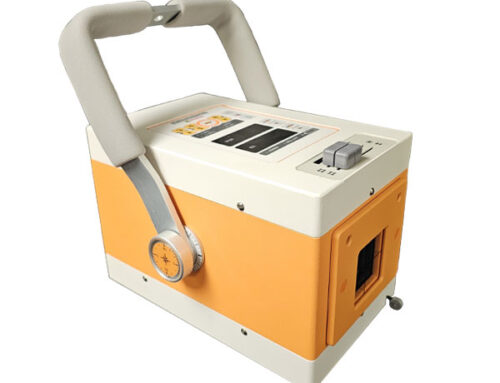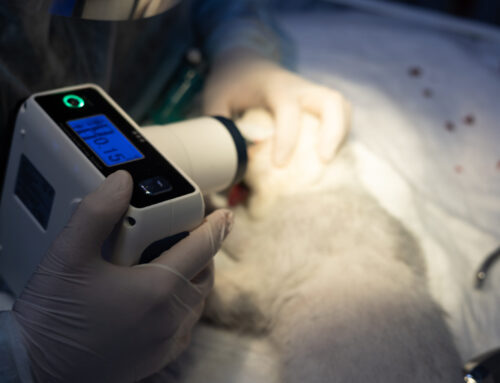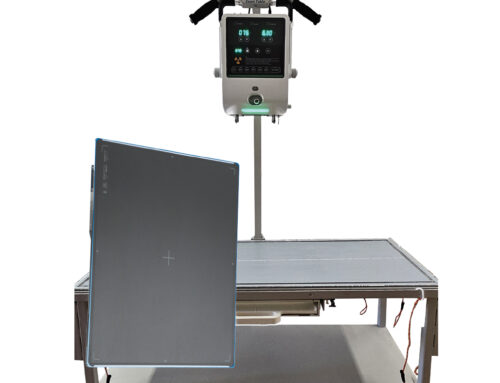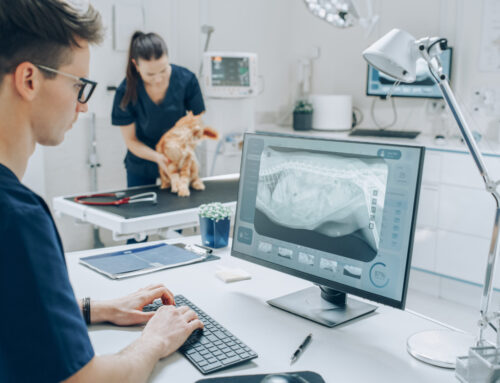Veterinary technicians have a number of career options that are closely related to the job duties they currently enjoy.
Veterinary technicians are trained to perform a range of laboratory tests, as well as administer and care for animals. Many of these skills are easily transferable to several other careers in different fields. Following is a short list accompanied by education requirements and expected job growth.
| Job Title | Median Salary (2016)* | Job Growth (2014-2024)* |
| Animal Care and Service Workers | $22,230 | 11% |
| Medical and Clinical Laboratory Technicians | $38,950 | 18% |
| Biological Technicians | $42,520 | 5% |
| Veterinarians | $88,770 | 9% |
| Nursing Assistants | $26,590 | 18% |
Source: *U.S. Bureau of Labor Statistics
Alternative Career Information
Animal care and service workers perform many of the same activities that veterinary technicians do, including feeding, bathing and exercising animals. Titles may be: groomer, animal trainer, kennel attendant and pet sitter. Animal care and service workers also clean animals’ living spaces and monitor animals for any problems or injuries. Most of these workers need a high school diploma and experience with animals. Skills are often learned on the job.
Medical and Clinical Laboratory Technicians perform some of the same laboratory procedures as veterinary technicians, but with human samples. They collect samples of blood, tissue and other body fluids and analyze for complications or abnormalities. These professionals use high-tech laboratory equipment, are responsible for record-keeping and communicating with doctors on a regular basis. Medical and clinical laboratory technicians need an associate’s degree or post-secondary certificate, and some may be required to obtain a license.
Biological technicians also work in a lab and perform similar lab tasks as veterinary technicians while they assist biological and medical scientists. These technicians prepare lab equipment and biological samples, help run various experiments and tests and complete written records of their work and findings. Once they have analyzed their findings, biological technicians present their findings in reports. BTs must have a bachelor’s degree and experience working in a laboratory.
Many veterinary technicians consider additional education and training to advance to becoming a veterinarian. Veterinarians oversee the work of veterinary technologists and technicians; providing healthcare to a wide variety of animals – from pets to livestock and everything in between. Veterinarians must obtain a license and earn a Doctor of Veterinary Medicine degree.
Nursing assistants, like veterinary technicians, provide basic care for their patients – the human kind. A nursing assistant may work in a clinic, hospital or long-term living facility. NAs may also monitor patients’ vital signs, help patients perform daily tasks, be responsible for feeding and bathing, and help answer any questions or concerns. Nursing assistants need to pass their state-specific competency exam after finishing an approved education program in the field.
Don’t get stuck in a career. Working with animals is only one of an assortment of ways to use the skills you’ve learned and the experience you’ve gained. Consider all the opportunities.






